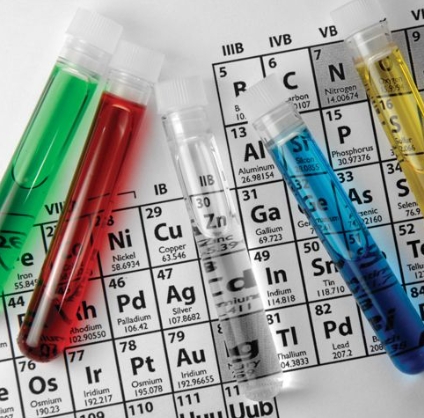In the realm of engineering, two disciplines stand out for their significant contributions to various industries: chemical engineering and biomedical engineering. While both fields involve the application of scientific principles and engineering techniques, they diverge in their focus, methodologies, and applications. In this article, we will delve into the nuances that differentiate chemical engineers from biomedical engineers, shedding light on their respective roles, skill sets, and contributions to society.
- Fundamental Focus:
Chemical Engineering:
Chemical engineering revolves around the design, development, and optimization of processes that transform raw materials into valuable products. Chemical engineers apply principles of chemistry, physics, and mathematics to create efficient and sustainable processes in industries such as pharmaceuticals, energy, materials, and food production. They work with large-scale systems, emphasizing the conversion and manipulation of chemicals and materials.
Biomedical Engineering:
Biomedical engineering, on the other hand, merges principles of engineering and biology to address challenges in healthcare and medicine. Biomedical engineers focus on the development and application of technologies, devices, and systems that improve patient care, diagnostics, and treatment. Their work spans areas like medical imaging, prosthetics, tissue engineering, and biomedical instrumentation, with a strong emphasis on human health and well-being.
- Skill Sets and Expertise:
Chemical Engineering:
Chemical engineers possess a diverse skill set that encompasses knowledge of chemistry, thermodynamics, fluid dynamics, and process control. They excel in process design, optimization, and troubleshooting, employing mathematical modeling and simulation techniques. Additionally, chemical engineers are adept at analyzing and mitigating risks associated with chemical processes, ensuring safety and environmental sustainability.
Biomedical Engineering:
Biomedical engineers possess a unique blend of skills from engineering, biology, and medicine. They have a deep understanding of human anatomy, physiology, and medical principles. Biomedical engineers excel in designing and developing medical devices, biomaterials, and imaging systems. They also employ computational modeling and data analysis techniques to enhance medical diagnostics, drug delivery systems, and rehabilitation technologies.
- Applications and Industries:
Chemical Engineering:
Chemical engineers find employment in a wide range of industries, including pharmaceuticals, petrochemicals, energy production, consumer goods, and environmental engineering. They contribute to the development of new drugs, the optimization of manufacturing processes, and the design of sustainable energy systems. Chemical engineers play a crucial role in ensuring the efficient production of goods while minimizing environmental impact.
Biomedical Engineering:
Biomedical engineers work in healthcare institutions, research laboratories, medical device companies, and regulatory agencies. They contribute to advancements in medical imaging technologies, prosthetics and implants, drug delivery systems, and tissue engineering. Biomedical engineers collaborate with healthcare professionals to develop innovative solutions that improve patient outcomes, enhance diagnostics, and enable personalized medicine.
Conclusion:
In summary, while chemical engineering and biomedical engineering share a foundation in engineering principles, their divergent focuses and applications set them apart. Chemical engineers excel in transforming raw materials into valuable products, emphasizing large-scale processes and sustainability. Biomedical engineers, on the other hand, apply engineering principles to address healthcare challenges, focusing on medical devices, diagnostics, and patient care. Both disciplines play critical roles in shaping our world, driving innovation, and improving the quality of life for individuals and society as a whole.







+ There are no comments
Add yours